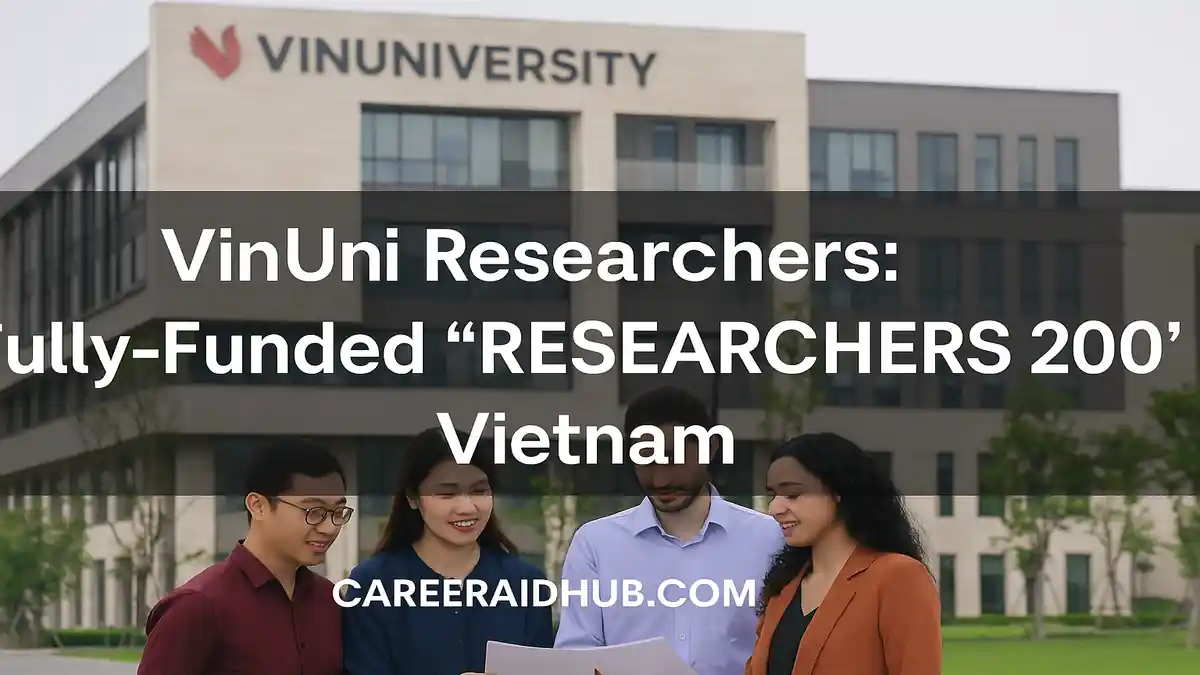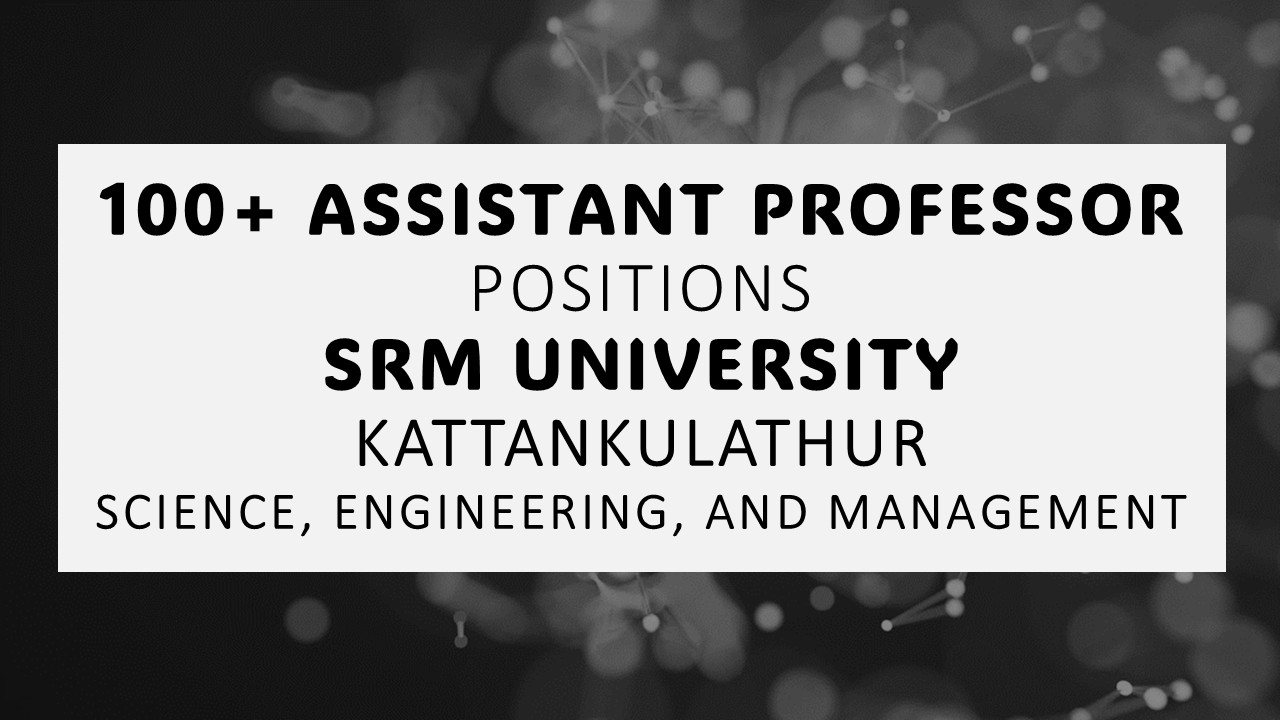Inclusivity Research Grant (IRG) by ANRF: A Comprehensive Guide for SC/ST Researchers
Introduction
The Anusandhan National Research Foundation (ANRF), established under the ANRF Act 2023, has introduced the Inclusivity Research Grant (IRG) to promote equitable representation in the scientific community. Specifically targeted at Scheduled Caste (SC) and Scheduled Tribe (ST) researchers, the IRG initiative reflects a national commitment to inclusive growth in science and engineering. As part of India’s broader R&D roadmap outlined in “Viksit Bharat 2047” and the National Education Policy (NEP) 2020, this scheme bridges systemic disparities while promoting research excellence.
The Inclusivity Research Grant (IRG) by the Anusandhan National Research Foundation (ANRF) is a strategic funding initiative empowering SC/ST researchers in India. With up to ₹60 lakh support over three years, IRG fosters equitable participation in cutting-edge science and engineering research.
What is the IRG?
The IRG is a flagship funding program under ANRF, restructured from the earlier Empowerment and Equity Opportunities for Excellence in Science (EMEQ) scheme previously managed by SERB. This grant supports individual researchers from SC/ST communities engaged in high-quality, original research in frontier areas of science and engineering.
With financial assistance of up to ₹60 lakh (excluding overheads) over a three-year period, the IRG covers various essential components, including research manpower, equipment, consumables, international travel, publication fees, and patent costs. Importantly, the scheme supports individual excellence by awarding grants to Principal
Why the IRG Matters
Advancing Equity in Research
Historically, SC/ST communities have been significantly underrepresented in STEM fields due to systemic and socio-economic barriers. The IRG directly addresses this by enabling access to high-value research funding that empowers independent research careers. This strategic intervention contributes to national goals of diversity, representation, and social justice.
Promoting High-Impact Scientific Inquiry
The IRG focuses on frontier and transformative research in science and engineering. Proposals with high novelty, scientific rigor, and potential societal impact are given priority. Routine or incremental research is generally discouraged. This aligns with ANRF’s objective of cultivating innovation-driven, globally competitive research.
Programmatic Continuity and Growth
The transition from EMEQ to IRG not only preserves the core mission of inclusive funding but also expands its operational and thematic scope. Enhancements include improved funding caps, streamlined administration, and integration with the new ANRF framework, thereby facilitating smoother application and monitoring processes.
Funding Structure and Support Mechanisms
Total Grant Allocation
Each awardee under IRG can receive up to ₹60 lakh over a period of three years. This funding is exclusive of institutional overheads and is disbursed annually based on project milestones and satisfactory performance reviews.
Allowable Expenditure Categories
-
-
Personnel: Provision
to hire JRFs, SRFs, and Research Associates (RAs) as per prevailing ANRF norms. -
Equipment: Funds may be allocated for non-recurring equipment. Changes to equipment lists require prior approval.
-
Consumables: Laboratory and field consumables directly related to the research project.
-
Travel: Up to ₹3 lakh (cumulative) including international conferences, subject to justification and approval.
-
Contingency: Up to ₹3 lakh for miscellaneous expenses like conference registrations and data collection.
-
Publication & Patent Charges: Open-access publication fees and patent filing costs are covered upon prior approval.
-
Flexibility in Budget Management
The grant offers flexibility for reallocation across approved heads within the recurring budget, enabling Principal Investigators to adapt financial plans to evolving research needs, provided changes remain within approved limits.
Eligibility Criteria
To be considered for the IRG, applicants must fulfill the following:
-
-
Be an Indian citizen belonging to the SC/ST category.
-
Possess a Ph.D. or equivalent degree (MD/MS/MDS) in science or engineering.
-
Be employed on a regular basis at a recognized academic or R&D institution in India (including universities, government labs, and private institutions).
-
Have a minimum of four years of service remaining before retirement.
-
Not be a current beneficiary of the IRG or the former EMEQ scheme.
-
Limit of three lifetime applications (including past EMEQ attempts).
Proposals must be submitted solely by the Principal Investigator; co-investigators are not permitted.
-
Application and Evaluation Process
Step-by-Step Guide
-
-
Notification: The call for proposals is announced annually on the ANRF portal.
-
Registration: Eligible applicants must create an account and complete their profiles on the ANRF online portal.
-
Proposal Submission: Applicants must submit a detailed project proposal including:
-
Title (max. 500 characters)
-
Executive Summary (max. 3000 characters)
-
Objectives and Methodology
-
Expected Outcomes
-
Budget Plan
-
Keywords and Timeline
-
-
Document Upload:
-
PI’s CV
-
Endorsement Letter from host institution
-
Caste Certificate
-
Plagiarism Undertaking
-
-
Evaluation
All submitted proposals undergo peer review by a Task Force Committee comprising subject experts. Shortlisted candidates may be invited for presentations or interviews. Final selections are based on scientific merit, feasibility, and societal impact.
Grant Management and Monitoring
Institutional Responsibility
Funds are released to the host institution, which is accountable for proper utilization, disbursement to the PI, and submission of audited financial reports. Institutions must return unutilized funds with interest, if applicable.










